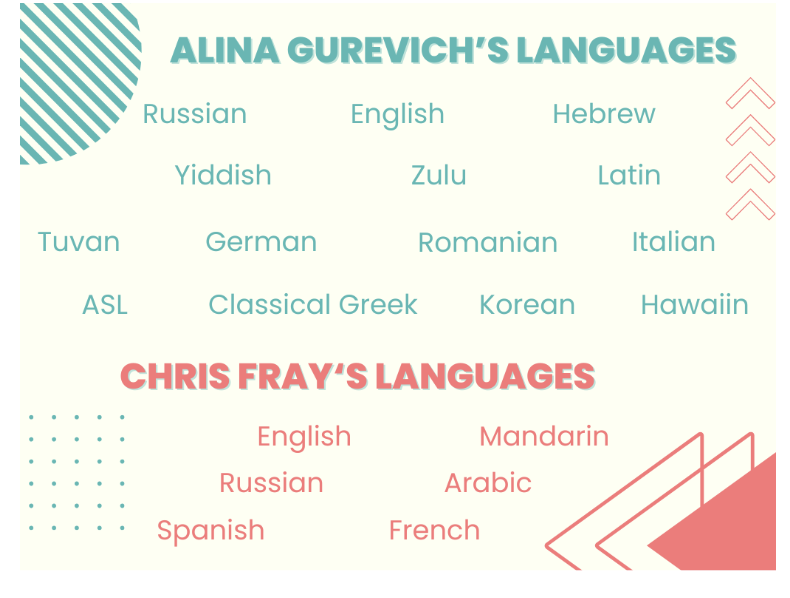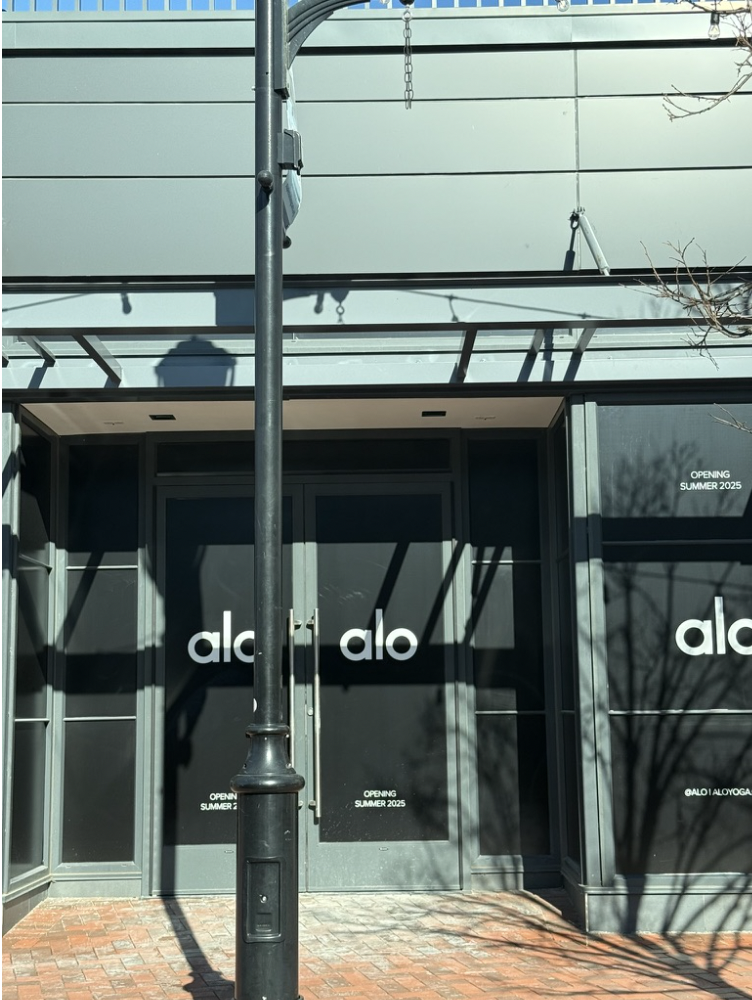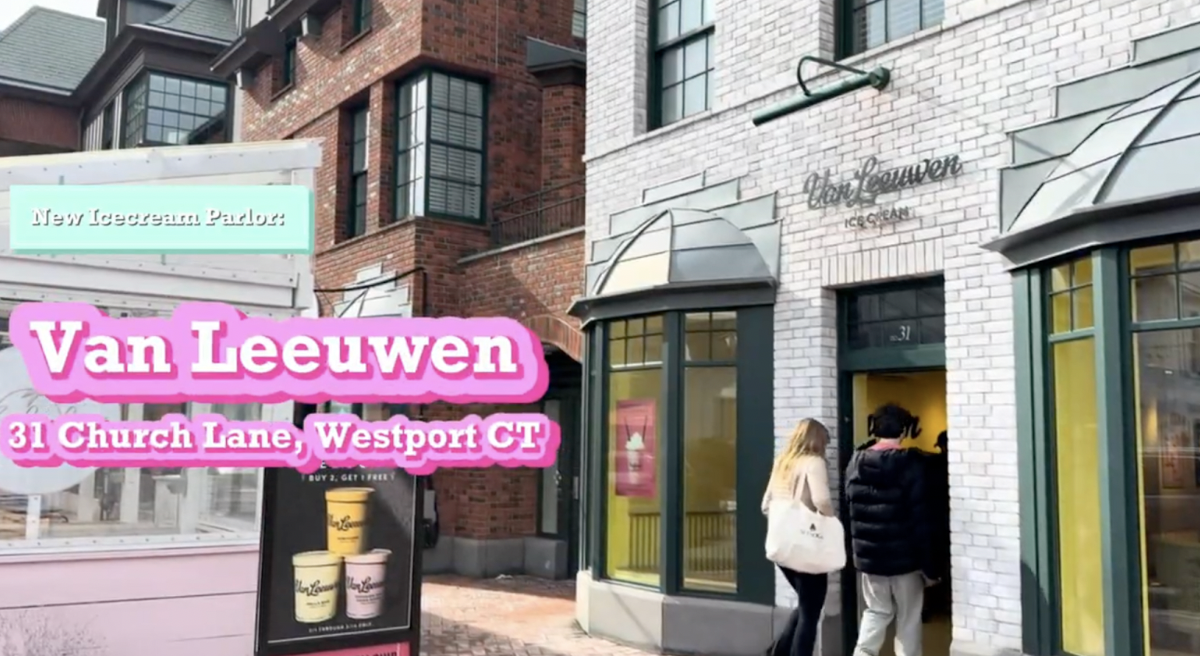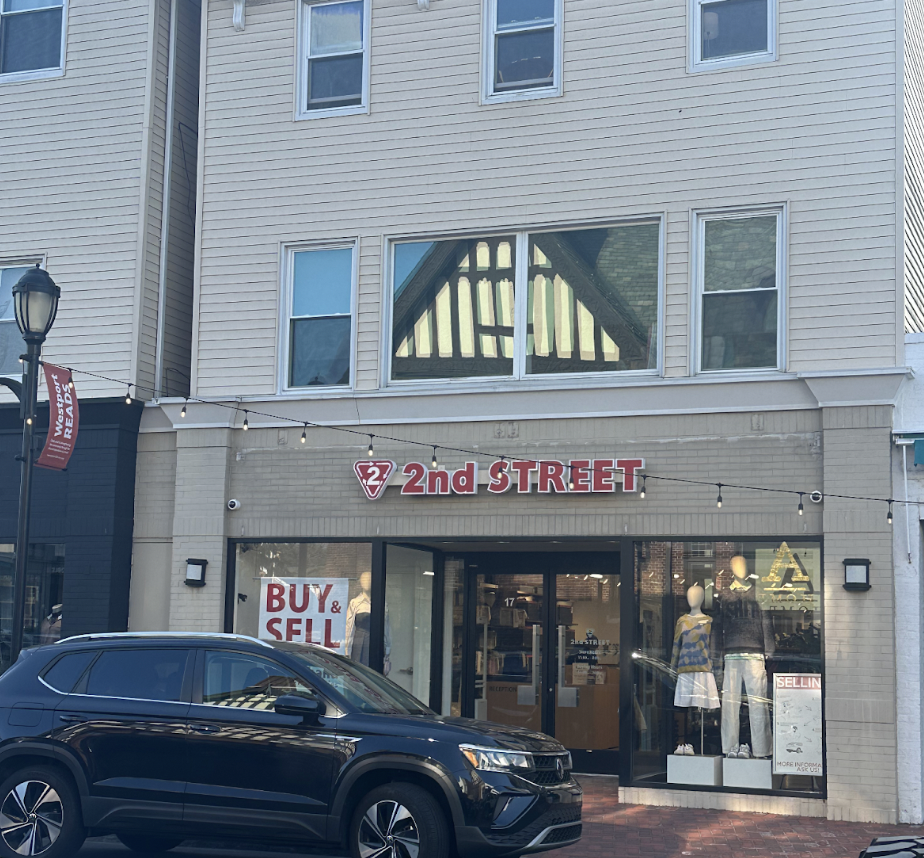Since the days of silent black and white films, directors have been conjuring doomsday stories of robots wreaking havoc on societies of the future. The first film to explore AI is “Metropolis” (1927), a German film directed by Fritz Lang that many critics consider a masterpiece. Set in a dystopian city with a rigid class system, the story follows the creation of a Maschinenmensch (Machine Man), which is ultimately used to convince workers to destroy machinery and rebel, triggering a massive flood.
While not quite accurate to the state of the world today, films like “Metropolis,” or the classic killer robot action film, “The Terminator,” seem to paint a similar picture; robots and AI are a destructive force. But now that we’ve reached a point where AI is deeply integrated into every level of our society–in our schools, our homes and our jobs–the film industry is at an unprecedented crossroads. Despite the warnings of these films, does AI have any place in filmmaking? Since AI has become so widespread, ignoring AI completely is out of the question; but the extent to which it is used must be monitored closely.
The debate has been catalyzed by the 2025 Oscar race: two films, both gunning for best picture, “The Brutalist,” directed by Brady Corbet and “Emilia Pérez,” directed by Jacques Audiard, both used AI in their production. In “The Brutalist,” Ukrainian company Respeecher was used to augment lead actors’ Adrien Brody and Felicity Jones’ speech to perfect their Hungarian accents. In “Emilia Pérez,” Respeecher was used once again to allow lead actress Karla Sofía Gascón to reach notes outside of her normal vocal range.
These films have set off a shockwave throughout Hollywood, leading the Oscars to consider requiring films to disclose the use of AI. But do these examples represent a situation like “Metropolis?” Are these the warning signs of a scheme of human replacement, undermining creativity and allowing actors, writers and directors alike to phone it in during production?
Not exactly. These uses of AI are relatively minor and only serve to make the final product as streamlined as possible. While the actors of “The Brutalist” might not have mastered the accents completely on their own, AI was used to only making minor tweaks.
“The fact of the matter is that filmmaking is incredibly cost-prohibitive. There are so many people involved in a production and so much cost for the production itself,” Film and Literature teacher Sam Goldberg said. “It is a small miracle for any film to be made and AI seems to be able to take some of the more tedious jobs in post-production out of the hands of individuals to free them up to do other things.”
However, the extent to which AI is used in “The Brutalist” should be the limit for AI usage; slightly refining a performance for accuracy is an effective use of AI, but AI should have no role in any creative decisions made and it certainly should not be replacing any jobs.
Many creatives share concerns about AI replacing human creativity in filmmaking; some go so far as to condemn every possible use of AI, no matter how minor it may seem.
“I am a big believer in not letting robots dream for us. Robots cannot reflect the human condition for us. That is a dead end if an actor lets one AI robot manipulate his or her performance even a little bit, an inch will eventually become a mile,” actor Nicolas Cage told The Guardian. “And all integrity, purity and truth of art will be replaced by financial interests only. We can’t let that happen.”
The loss of human integrity has been made apparent to audiences as well. The loss of a human touch is a concern for critics and casual viewers alike.
“I think it takes away from the creativity of the movie,” Ellie Stauder ’27 said. “I think one of the joys of humanity and art is the fact that it comes from our own abilities.”
While it is a noble pursuit to try and protect human creativity at every level, opposing AI entirely becomes counterintuitive to progress; it can aid in smaller, tedious tasks like color correcting, or sifting through extra footage at an increased speed. A careful balance between AI and human creativity can push filmmaking to new heights, while maintaining its’ humanity.
AI is an incredibly powerful tool, that in many aspects is revolutionizing the way we carry on with our everyday lives. While AI has its place in filmmaking and other creative pursuits, that place is limited; excessive usage of it, especially in regards to creative decisions like writing, visual design or any other layers of the filmmaking process, will lead us to the dystopia that for years and years, filmmakers have been seeking to warn us about.















































